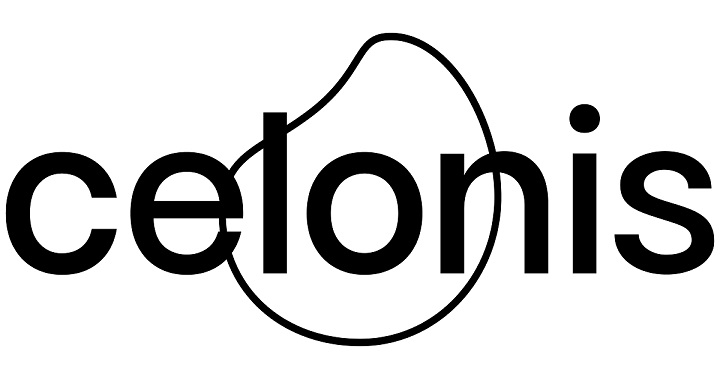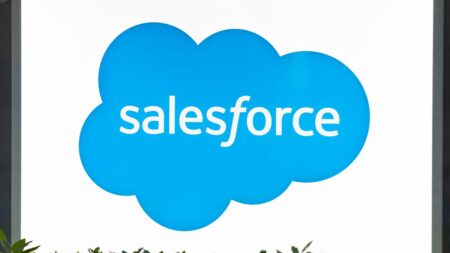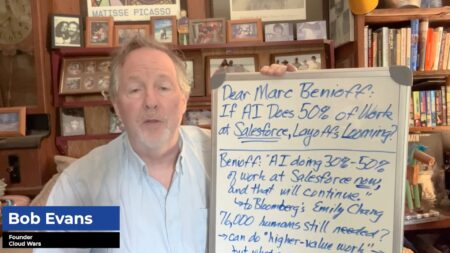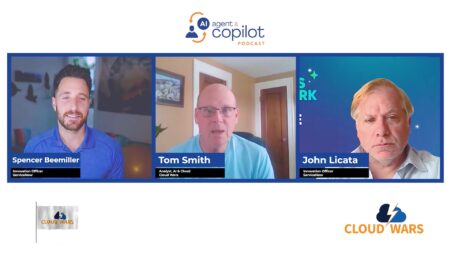Bayer is adopting an aggressive stance on generative AI as it look to pour fuel on the fire of a process mining strategy that has already distinguished the pharmaceutical and healthcare giant from its peers.
“You can’t be too early from my point of view” when it comes to generative AI, according to Timo Peters, head of process insights and value at Leverkusen, Germany-based Bayer, who participated in the Acceleration Economy AI Ecosystem Course. “You need to start to learn it; you need to get on it.”
Discover how AI has created a new ecosystem of partnerships with a fresh spirit of customer-centric cocreation and a renewed focus on reimagining what is possible. The Acceleration Economy AI Ecosystem Course is available on demand.
That sense of urgency reflects the pace of generative AI technology advancement but it also underscores the aggressive posture Bayer has adopted when it comes to leveraging process mining to streamline operations and enhance the way it serves customers. That posture has yielded a number of notable wins for Bayer:
- Recognition as the “Excellence” category winner in Celonis’ recent Game Changer Awards
- Users have grown from 300 to 2,700 in the wake of centralizing the company’s process mining work; daily active users have risen by 935%
- Average engagement time with process mining increased 300%
AI Opportunities and Co-Creation
Bayer is one of the most long-standing users of Celonis software — it’s had process mining in use since 2012, Peters noted in our discussion. It has used the technology in common processes (often referred to as core process mining use cases) including order to cash, source to pay, and more.
Generative AI provides new opportunities. Bayer will initially focus on applying generative AI (in the form of Celonis’ Process Copilot) in its source-to-pay use case so it can bring process mining functionality to a greater number of users (who are able to query the process mining system using natural language requests) and deliver a broader, deeper understanding of process problems that need to be analyzed. “The first step we’re looking at is, how are users going to work with this and, from there, how can we start growing bigger?” he says. “I need to focus on how I can support them and how process mining plus the copilot can deliver faster insights.”

Chris Monkman, vice president of product management, AI and knowledge at Celonis, says helping customers capitalize on insights more quickly was one of the company’s earliest objectives when generative AI first came to market in late 2022. “We can get insights much faster, much easier, so that’s really where we focused a lot of our early exploration,” Monkman says. “The Process Copilot is an instantiation of that idea.”
In addition to democratizing access to process mining technology as Peters described, Celonis also aims to enable the true experts, or technology power users, to elevate the analyses and projects they run to address more complex problems better suited to their knowledge and skills.
Key objectives for Bayer, as it moves down this path, will be to deliver internal process efficiencies and uncover ways to deliver new value and improvements to its customer base. That type of progression from a focus on internal to customer-facing processes is one of the major process mining trends that has been playing out in 2023.
As Bayer expands its use cases and the technology that comprises its process mining installation, Peters says it’s critical to remain in lockstep with Celonis and to marshal his coworkers’ industry- and business-centric expertise to ensure that expertise is reflected in the way Bayer uses the software.
“You need to have this very close cooperation with the product team, plus you need a very strong (internal) team that understands how to insert all this company knowledge into the product, otherwise it’s not going to work,” he says, explaining that’s especially true in the era of generative AI when a large language model could make recommendations or generate content that’s inaccurate or would result in erroneous actions being taken. Human expertise represents an important guardrail to prevent that scenario.
Ecosystem Additions
In addition to tapping co-creation between a software developer and experts inside customer organizations, there’s also a significant role for the ecosystem of partners and ISVs to play when it comes to delivering AI-enhanced process mining use cases, applications, and business value.
In fact, that notion is core to the strategy behind the newly launched Celonis Process Intelligence Graph, which positions Celonis software that functions as an enabling layer of code that feeds process data to other systems (ERP, inventory, supply chain, order management) which in turn drive better processes and performance.
To make that positioning successful, Celonis needs a wide range of software platform providers, consultants, integrators, deployment experts, and industry experts to deliver layer on their expertise.
“We’re building all of this with the intention that partners can contribute to the PI Graph and they can use the graph to more easily deploy AI and build solutions for their customers,” Monkman says. “The idea is very much that a partner could take their expertise in a process and create a bunch of out-of-the-box knowledge on top of the Process Intelligence Graph.”
Bringing together those diverse perspectives holds great promise for customers. Peters says stakeholders in the ecosystem will be able to “contribute and build up the knowledge layers” to provide end-to-end visibility into processes such as logistics.










